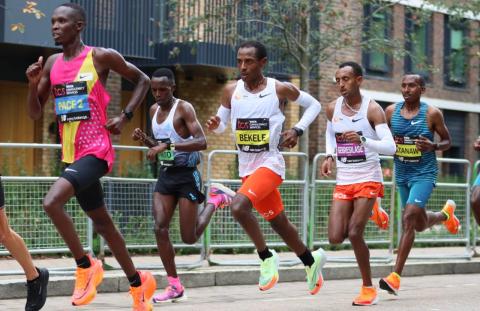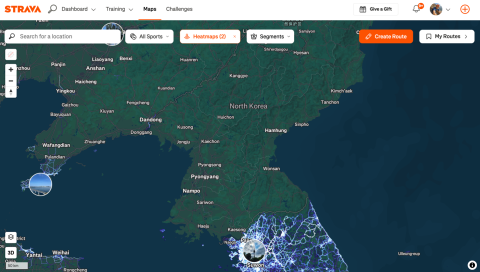
Running your first marathon is a monumental achievement. The 26.2 miles can be daunting, but with the right strategies, you can navigate the distance with confidence and joy. Here are five essential strategies to help you survive and thrive during your first marathon experience.
One of the most common mistakes first-time marathoners make is overtraining. While it's important to follow a structured training plan, pushing yourself too hard can lead to injury or burnout. Focus on building endurance gradually with long runs, speed work, and rest days. Cross-training activities, such as cycling or swimming, can also help maintain fitness without overloading your body. Additionally, don't neglect strength training to support your running form and prevent injuries.
What you eat and drink in the weeks leading up to the marathon plays a crucial role in how you perform on race day. Fueling properly during the race is just as important. Practice your race-day nutrition during your long runs—experiment with gels, sports drinks, or solid foods to find what works best for you. Make sure to stay hydrated throughout your training, and on race day, aim to drink small amounts of water or an electrolyte beverage regularly, especially if the weather is hot.
It’s easy to get caught up in the excitement at the start of a marathon, but starting too fast can lead to fatigue or burnout in the later miles. Begin at a pace that feels comfortable, even if it means holding back a bit in the first few miles. Consider running the first half of the race slightly slower than your goal pace to conserve energy for the second half. A negative split (running the second half faster than the first) is often a sign of smart pacing.

The marathon is as much a mental challenge as a physical one. During the tough moments, when fatigue sets in, positive self-talk and mental tricks can keep you going. Visualize yourself crossing the finish line, break the race into smaller segments, and focus on achieving one milestone at a time. Remember that feelings of discomfort are temporary, and you can push through them.
As you approach the finish line, it’s easy to become overwhelmed by emotion and fatigue. Having a finishing strategy—whether it’s sprinting the last few hundred meters, walking briskly when you need to, or simply soaking in the moment—can help you end the race strong. Set aside some time after the race to cool down, hydrate, and enjoy the accomplishment.
By following these strategies, your first marathon can be a rewarding and unforgettable experience. With the right mindset, preparation, and pacing, you’ll not only survive the race but come out stronger and more confident for future challenges. Happy running!
Discover More Content





